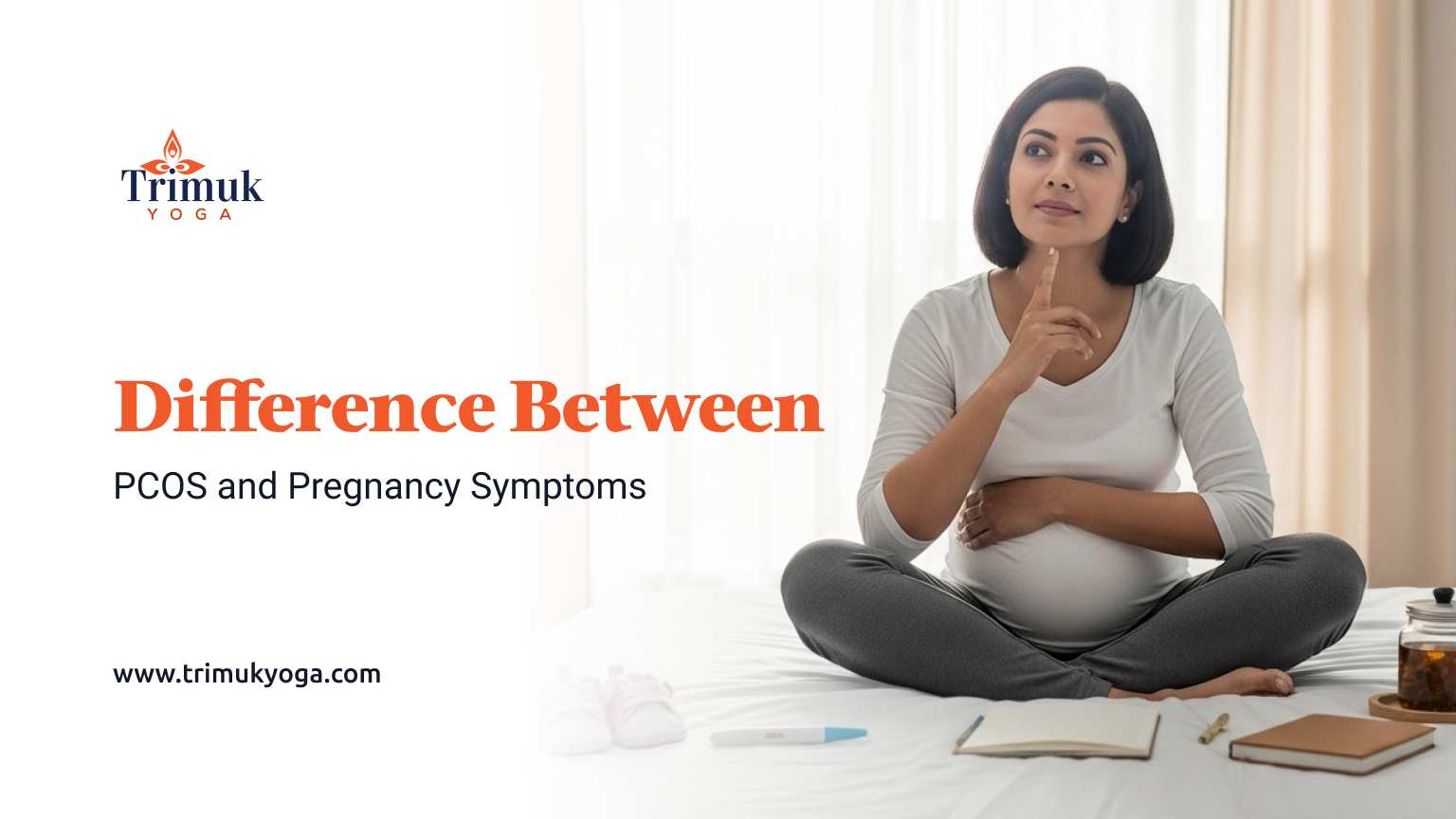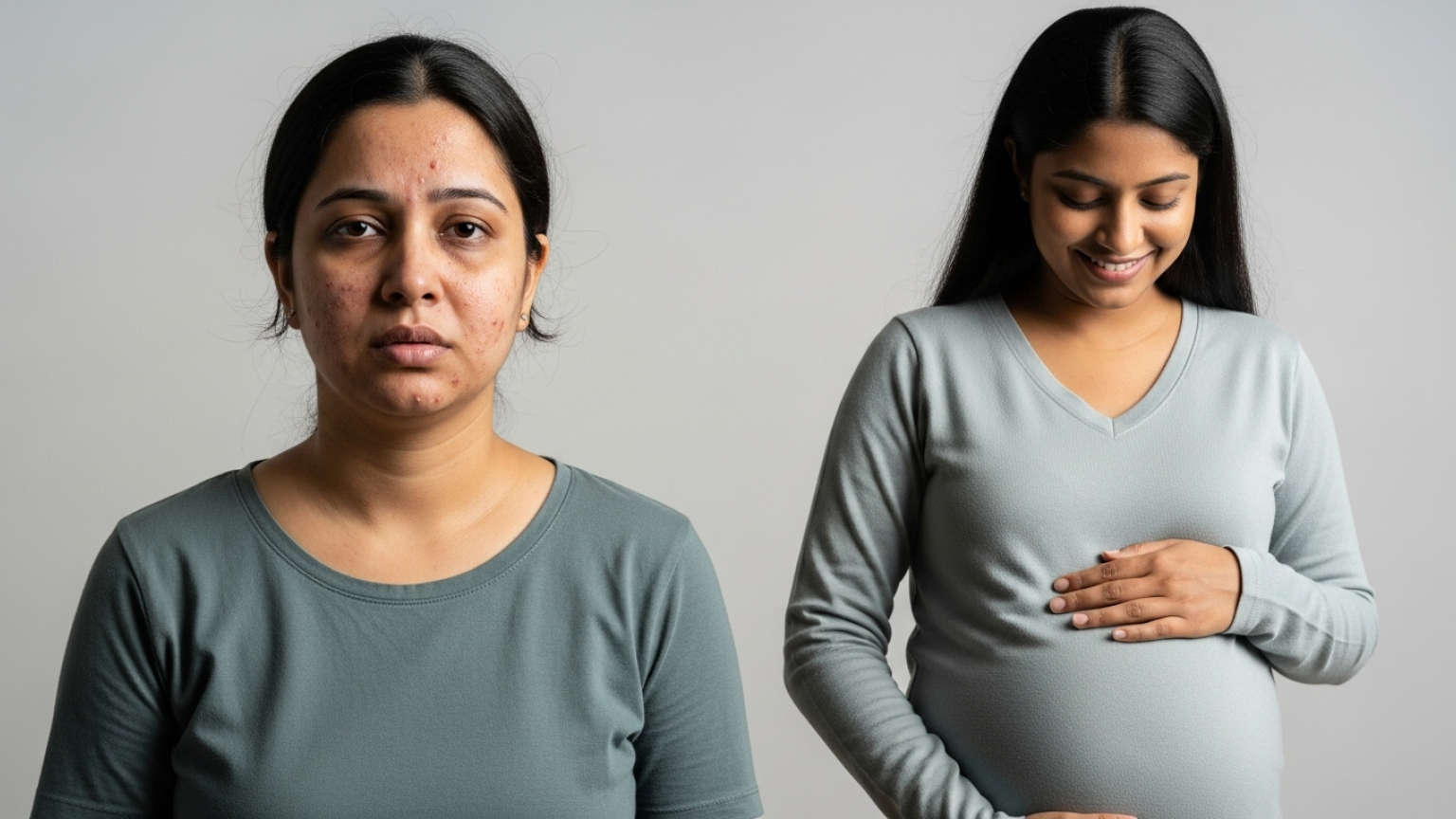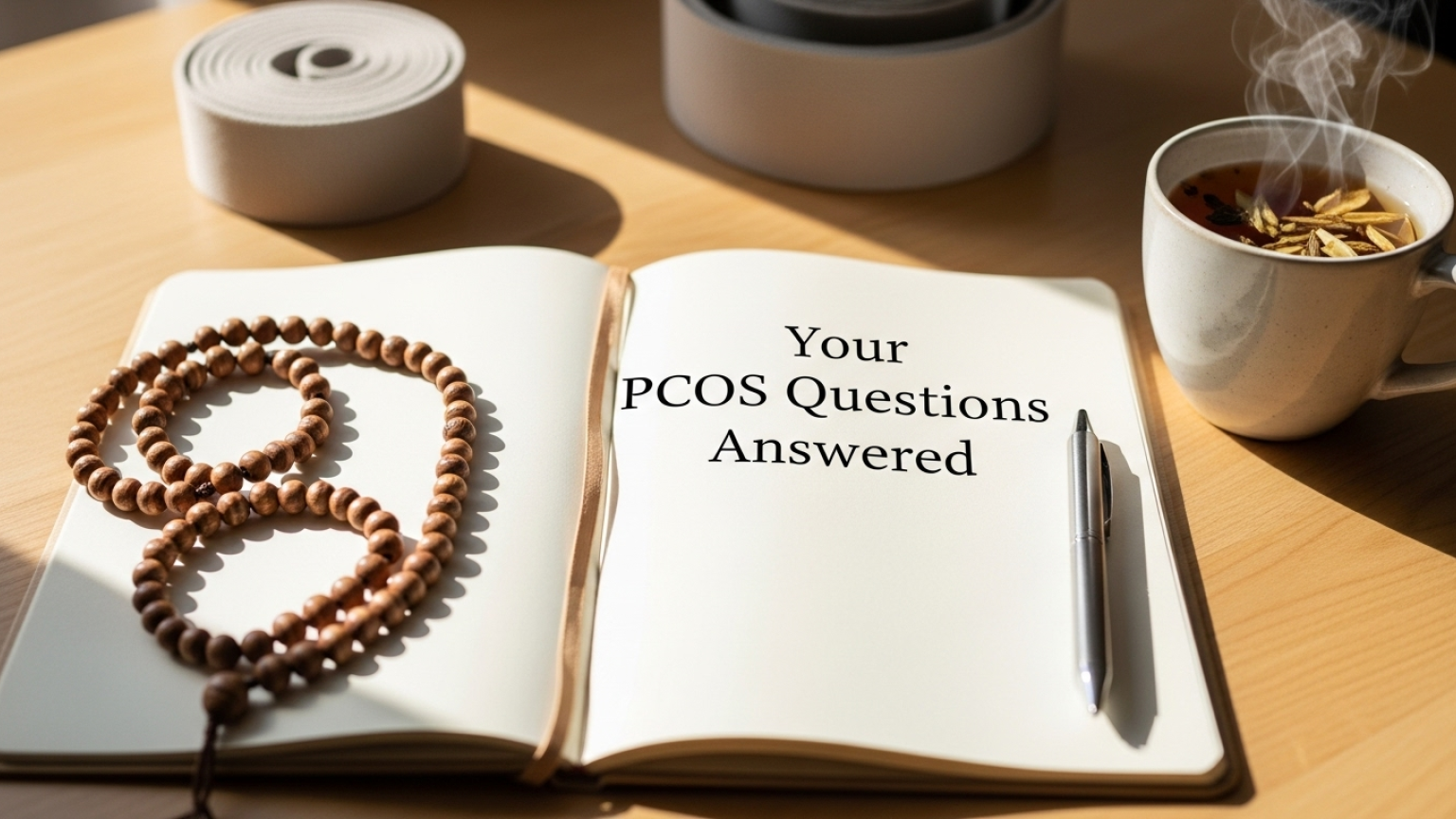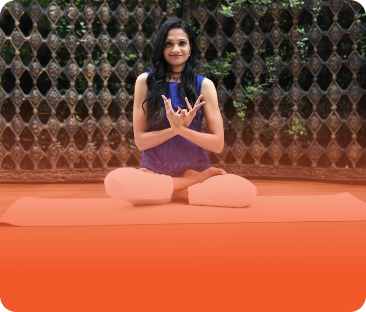Difference Between PCOS and Pregnancy Symptoms: What Every Woman Should Know
PCOS or Pregnancy? Learn the Key Differences & Natural Cycle Tips


Missed periods, bloating, fatigue, or mood swings — these signs can be confusing. For many women, the first thought is pregnancy. But if you’re also living with PCOS (Polycystic Ovary Syndrome), the situation becomes even more puzzling. That’s because PCOS symptoms often overlap with early pregnancy signs.
So how do you tell the difference? Understanding this distinction helps reduce unnecessary anxiety, supports smarter health decisions, and ensures timely medical guidance.
This blog explores the differences between PCOS and pregnancy symptoms, while also sharing natural ways to manage PCOS for better cycle health and clarity.

Polycystic Ovary Syndrome (PCOS) is a hormonal imbalance that affects ovulation. Women with PCOS often experience:
Because cycles are unpredictable, a missed period doesn’t always mean pregnancy. That’s why PCOS can sometimes feel like a guessing game every month.
Pregnancy comes with unique hormonal shifts, especially rising progesterone and hCG levels. Common early signs include:
While some of these overlap with PCOS, others — like morning sickness and frequent urination — are specific to pregnancy.

Let’s break it down symptom by symptom:

For women trying to conceive, the overlap of symptoms can be emotionally draining. Every delayed period may bring hope — only to turn into disappointment if it’s another irregular cycle. This emotional rollercoaster is one of the most challenging aspects of PCOS.
Radhika Bargava emphasizes: “Managing PCOS is not just about balancing hormones. It’s also about nurturing emotional resilience and learning to connect with the body without judgment.”
While PCOS itself can’t be “cured,” it can be managed naturally to reduce cycle irregularity and confusion with pregnancy signs.

✨ Many women at Trimuk Yoga have shared how combining yoga with a PCOS-friendly diet has helped them distinguish between cycle changes and pregnancy, reducing anxiety month after month.
While PCOS and pregnancy share some overlapping symptoms, they are not the same. Knowing the differences — nausea, frequent urination, and test confirmation for pregnancy versus irregular cycles and bloating for PCOS — helps women make clearer, calmer decisions.
Managing PCOS naturally with yoga, mindful eating, and stress care also brings cycles closer to balance, reducing the monthly confusion.

Confused by irregular cycles or pregnancy-like symptoms? Support your body with holistic care.
👉 Join Trimuk Yoga’s PCOS wellness programs with Radhika Bargava, blending yoga, breathwork, and nutrition to regulate cycles and bring clarity.
✨ Balance begins with understanding — and healing begins with your next breath.

1. Can PCOS give a false positive pregnancy test?
No. Only pregnancy produces the hCG hormone detected in tests.
2. Is it harder to confirm pregnancy with PCOS?
Yes, because irregular cycles make timing harder. Taking a test 2–3 weeks after ovulation helps.
3. Can pregnancy improve PCOS symptoms?
Some women experience relief, but PCOS still requires long-term management.
4. Should every missed period in PCOS be treated as pregnancy?
No, but taking a test is a safe way to check.
A renowned and qualified yoga instructor with years of experience in teaching traditional Hatha Flow and Ashtanga Vinyasa Yoga, Radhika is passionate about sharing the true essence of yoga with her students. Being a certified yoga teacher and health & nutrition coach, Radhika demonstrates a deep understanding of mind-body connection which is reflected in her tailored classes.

Get personalized care. Consult specialists about your concerns and treatments.
